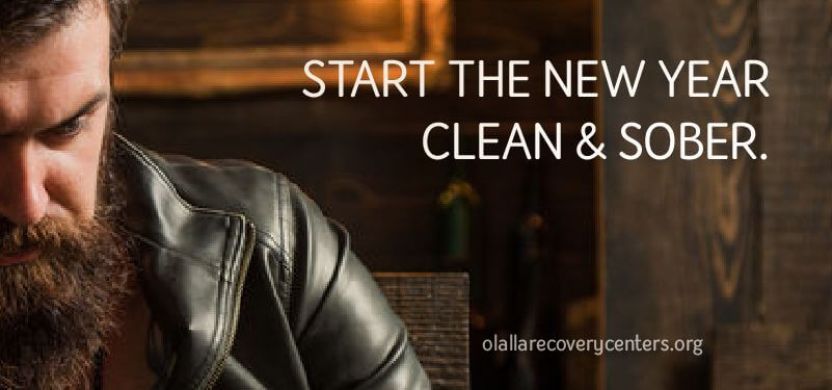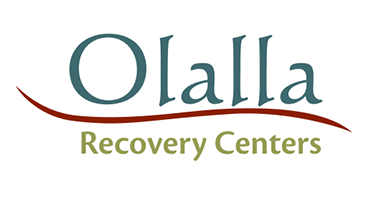
20 Dec Substance Misuse vs. Addiction — What’s the Difference?
Substance Misuse vs. Addiction — What’s the Difference?
Substance misuse is not the same as addiction, but it doesn’t mean it shouldn’t cause concern. While an individual who misuses drugs or alcohol doesn’t require — or qualify for — the same level of treatment as an individual diagnosed with substance use disorder, addressing the early-warning signs may help avert a crisis later.
What’s the difference between misuse and addiction?
When drugs and alcohol get in the way of someone’s ability to have a productive and happy life — to live, laugh and love — the first question to ask is, can the person make changes alone so substances don’t get in the way?
If the answer is no, the individual may be experiencing addiction, which in general terms can be described as a chronic and relapsing brain disease characterized by uncontrollable seeking and use of alcohol or drugs despite harmful consequences. Unlike those diagnosed with substance use disorder, individuals who use or misuse substances can still choose to stop because they haven’t become chemically dependent.
A diagnosis, of course, is more complicated than that. It requires a full substance use disorder assessment by a licensed clinician. The clinician considers a list of criteria, which also impacts the level of intervention necessary.
Why does it matter?
Substance use occurs for many reasons, including socially acceptable practices such as cocktail parties and celebrations, and there’s no concern in an individual’s life. Substance misuse, on the other hand, may be the result of a situation such as stress at work or personal struggles such as divorce or loss of a loved one. Misuse is the precursor to a potentially diagnosable condition, because over time, the brain chemistry may begin to change.
It’s a lot easier to change problematic behaviors before those chemical changes occur. And it’s important to note that misuse can have just as many negative consequences, including relationship problems, work performance issues and even legal troubles.
What can you do?
If you’re concerned that someone in your life may be slipping down the path to addiction, be willing to approach them with honest questions. Express your concerns in a compassionate and emphatic way, and ask your loved one if he or she is willing to consider those concerns and make changes.
Reaching out for an assessment is a good place to start, and a trained professional can help figure out where things are at. The results of the assessment may indicate the need for a continuum of services, ranging from education to varying treatment services. And even if the diagnosis is substance use disorder, treatment may not require an inpatient program, which provides a more structured setting.
As with any other behavioral health or other issues difficult to manage on one’s own, counseling is another good starting strategy. Some primary care providers have behavioral health specialists on site, or may provide referrals. If the person’s employer has an Employee Assistance Program, that’s another helpful resource.
Not sure where to start? Contact Olalla Recover Centers for help.


